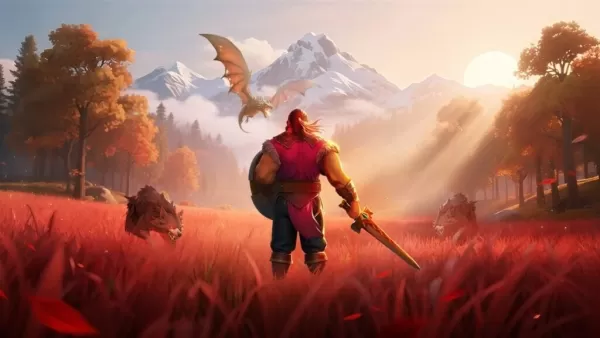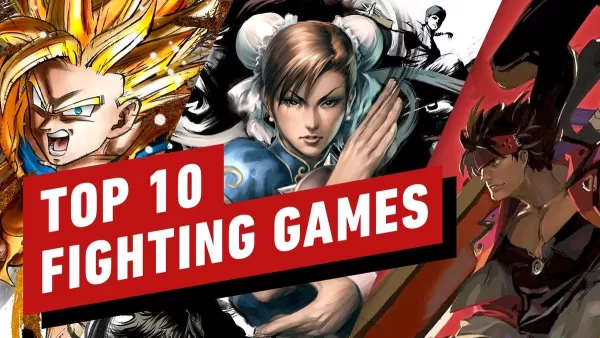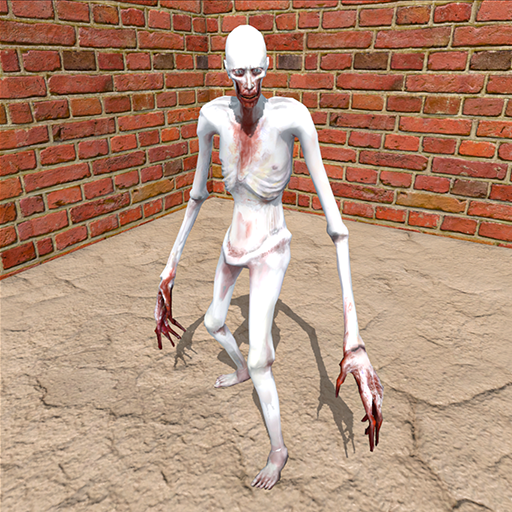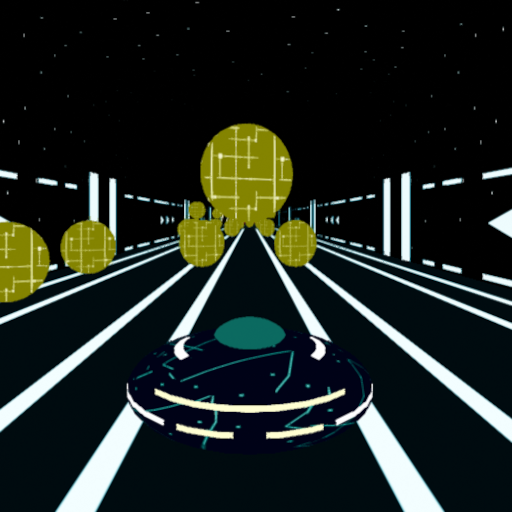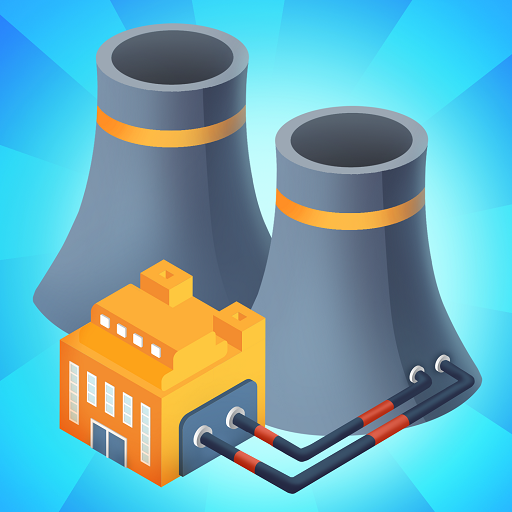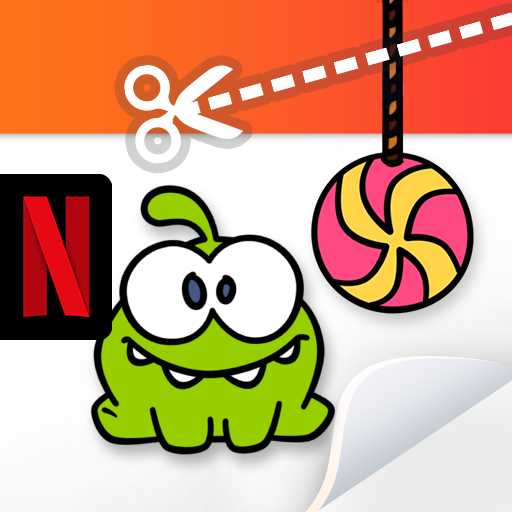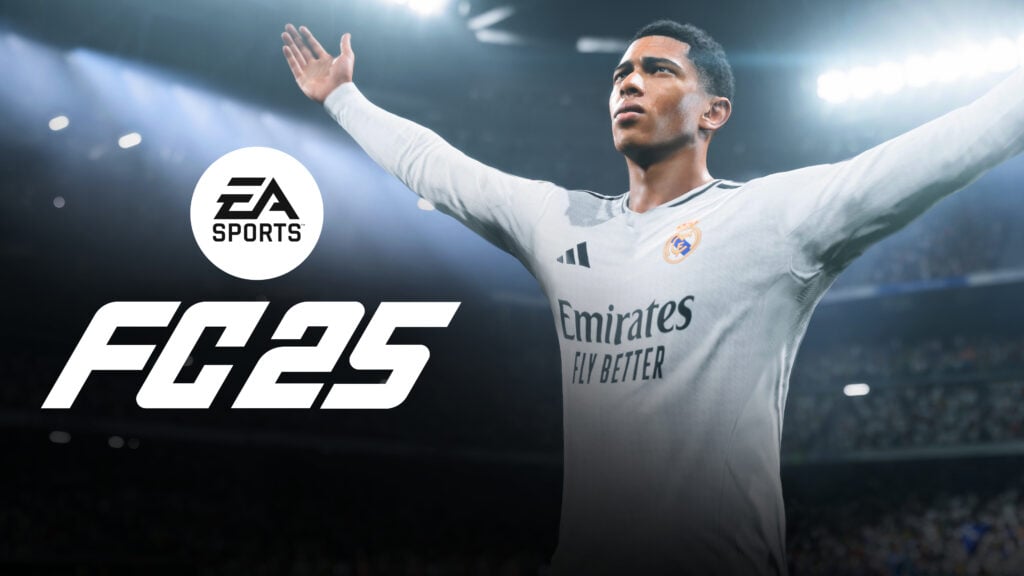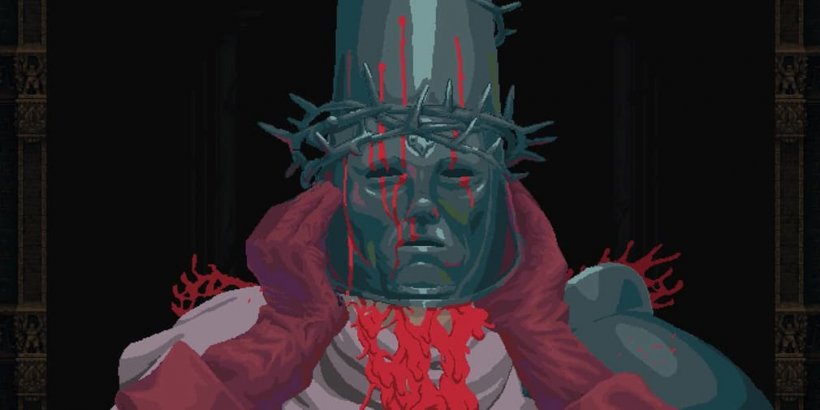Sony's AI Aloy Video Worries Ashly Burch About Game Performance Art
Horizon actor Ashly Burch has recently addressed a leaked internal Sony video featuring an AI-powered version of Aloy from the Horizon series, using it as a platform to highlight the ongoing demands of striking voice actors. The video, initially reported by The Verge, showcased Sony's AI technology demonstrating how Aloy could interact using voice prompts and AI-generated speech and facial animations. Sony has not yet responded to IGN's request for comment on this matter.
In the now-deleted video, Sony Interactive Entertainment's director of software engineering, Sharwin Raghoebardajal, conversed with the AI Aloy. The AI responded to a question about her well-being with, "Hello, I'm managing alright. Just dealing with a sore throat. How have you been?" However, the voice was noticeably robotic and not Burch's, accompanied by stiff facial animations and lifeless eyes.
The Best PlayStation Character Face-Off
Pick a winner

 New duel
New duel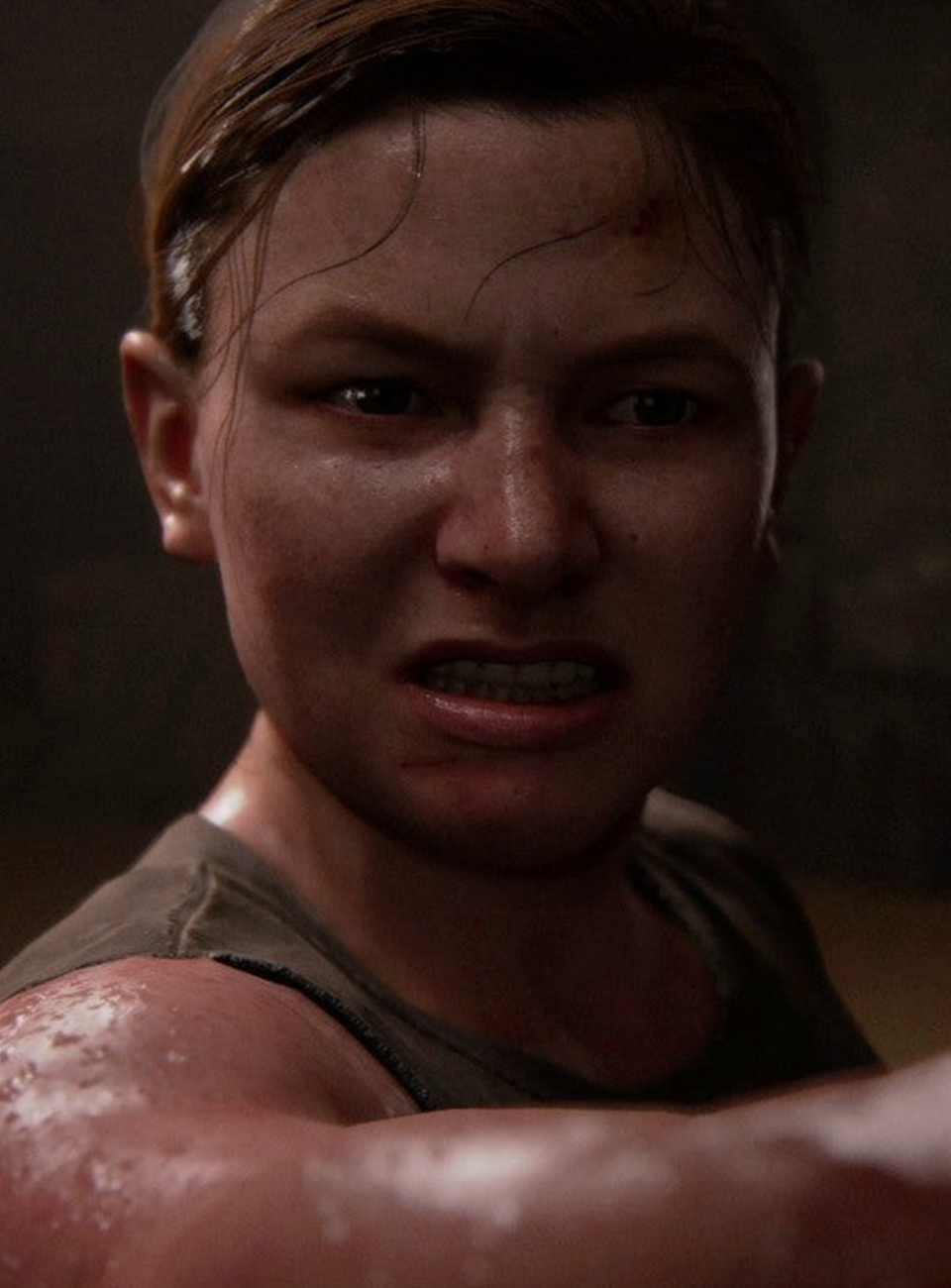 1ST
1ST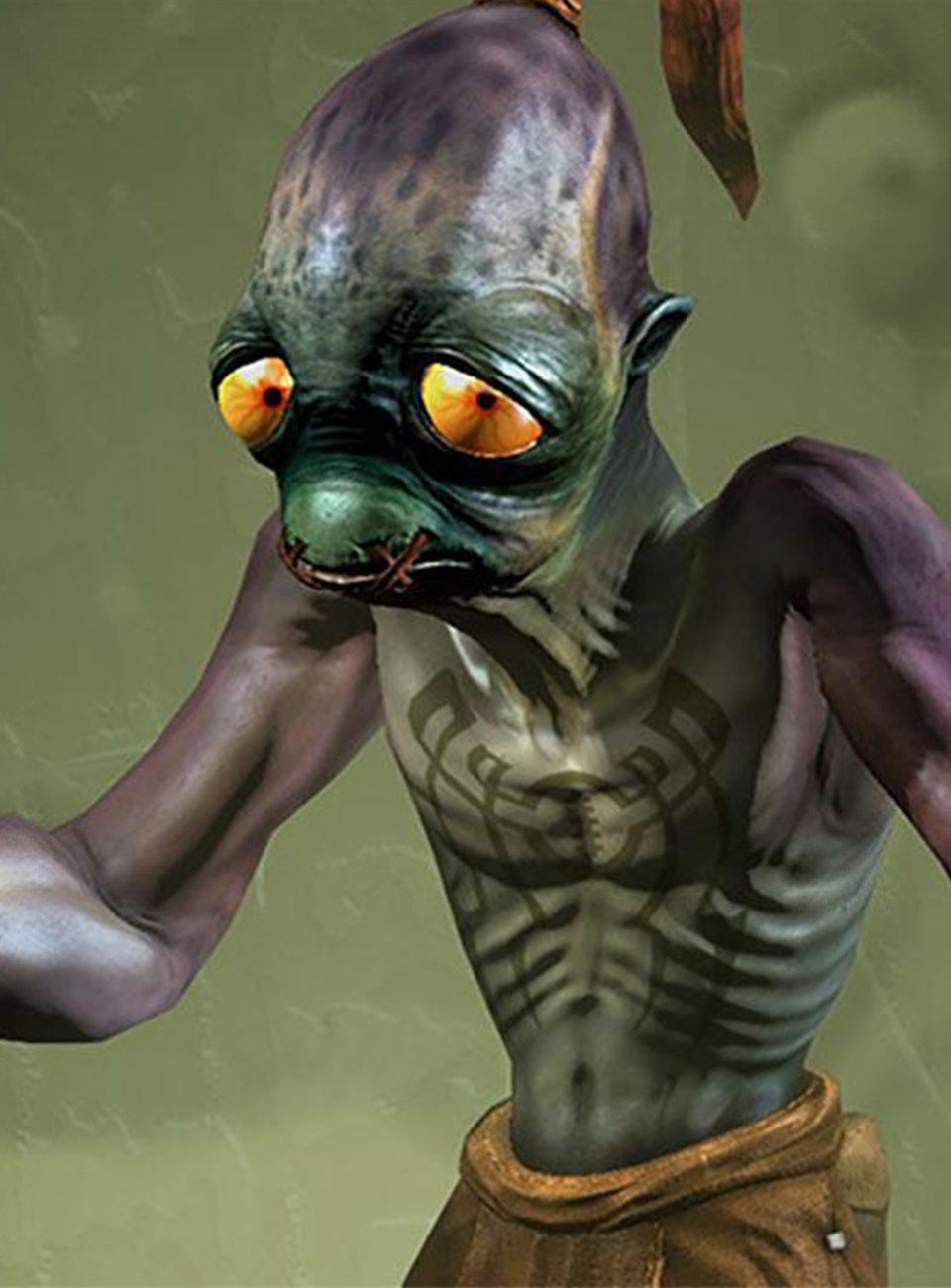 2ND
2ND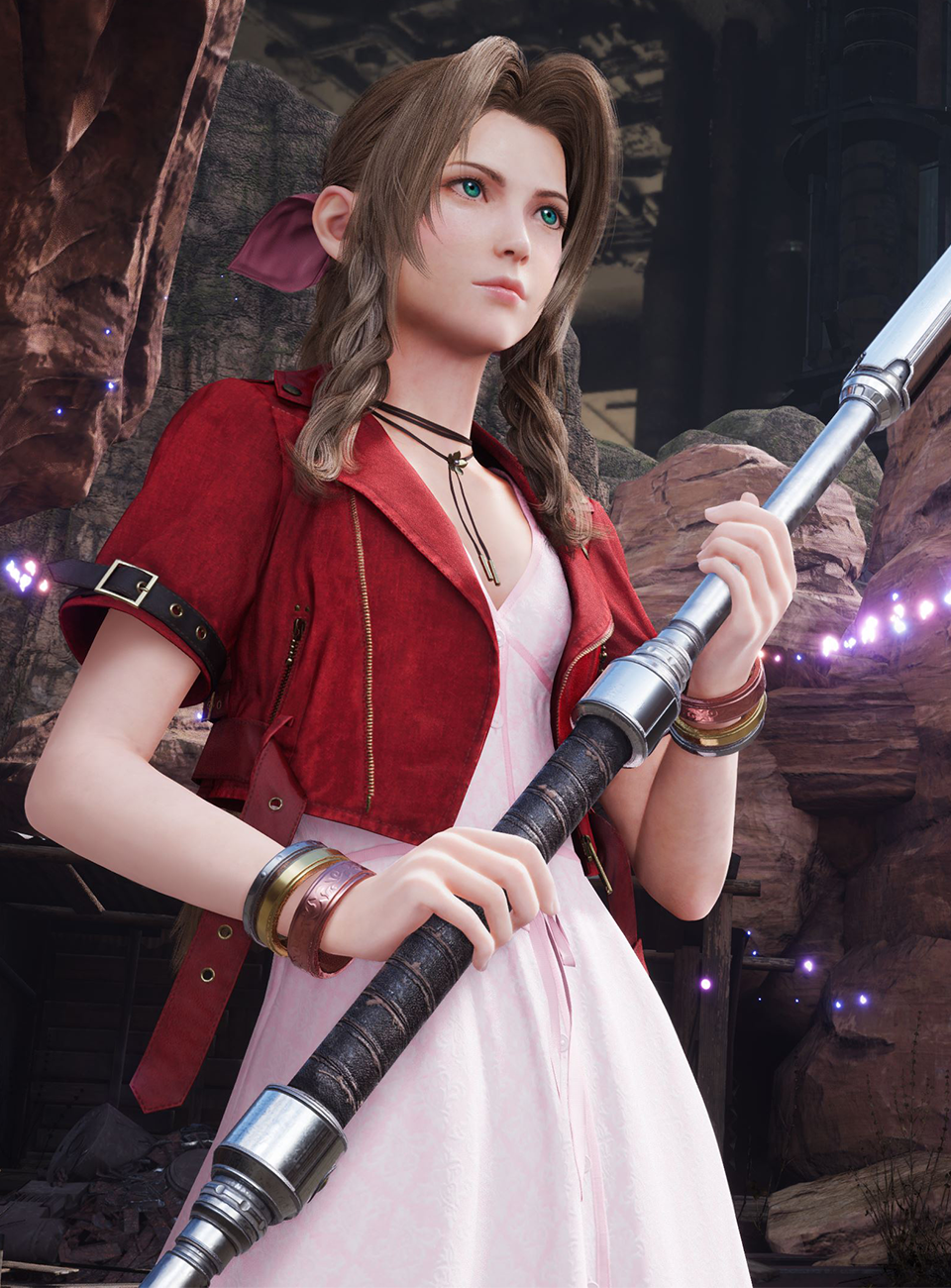 3RDSee your ResultsFinish playing for your personal results or see the community’s!Continue playingSee results
3RDSee your ResultsFinish playing for your personal results or see the community’s!Continue playingSee results
Burch, who has lent her voice to Aloy in all four Horizon games released to date (Zero Dawn, Forbidden West, Call of the Mountain, and Lego Horizon Adventures), took to TikTok to confirm she had seen the video. She noted that Horizon developer Guerrilla assured her the demo did not reflect any active development and did not utilize her performance data. This clarification likely excludes the possibility of AI Aloy appearing in the upcoming Horizon multiplayer game or the anticipated Horizon 3. Burch emphasized, however, that Sony owns the character of Aloy.
Expressing her concerns, Burch stated that the AI Aloy video made her "worried about game performance as an art form." She leveraged this concern to discuss the ongoing strike by video game voice actors, which has seen significant support and disruptions. The Screen Actors Guild - American Federation of Television and Radio Artists (SAG-AFTRA) recently updated its members, indicating progress in negotiations over AI protections but also noting significant gaps with the industry bargaining group on crucial issues.
Burch elaborated on the strike's objectives, saying, "Currently what we’re fighting for is, you have to get our consent before you make an AI version of us in any form, you have to compensate us fairly, and you have to tell us how you’re using this AI double." She expressed her fear not of the technology itself, but of the potential lack of protections for actors if the strike fails, emphasizing her desire to see the industry continue to thrive and support new generations of actors.
Burch clarified that her critique was not aimed at any specific company, including Guerrilla, but rather at the broader issue of protections during the strike. She supports the strike and believes it is necessary to protect the future of the industry. She highlighted the existence of temporary union contracts that offer the protections they seek, which are available for any video game company to sign.
@ashly.burch let us speak on AI aloy
♬ original sound - Ashly Burch
Generative AI is a hotly debated topic in the video game and entertainment industries, which have faced significant layoffs recently. The technology has faced criticism for ethical and rights issues, as well as its struggle to produce content that audiences enjoy. For example, Keywords Studios attempted to develop a game entirely using AI but reported to investors that the technology was "unable to replace talent."
Despite these challenges, many video game companies continue to explore generative AI. Activision disclosed the use of generative AI for some assets in Call of Duty: Black Ops 6, amid backlash over an "AI slop" zombie Santa loading screen. The voice actor strike has also impacted games like Destiny 2 and World of Warcraft, with some NPCs left unvoiced. SAG-AFTRA struck League of Legends after Riot allegedly tried to circumvent the strike, and Activision confirmed recasting characters in Call of Duty: Black Ops 6 due to player concerns. Recently, two Zenless Zone Zero voice actors discovered their replacement through patch notes.
Asad Qizilbash, head of PlayStation Productions and head of product at PlayStation Studios, commented on AI's importance for younger gamers, stating, "For instance, non-player characters in games could interact with players based on their actions, making it feel more personal. This is important for the younger Gen Z and Gen Alpha audiences, who are the first generations that grew up digitally and are looking for personalization across everything, as well as looking for experiences to have more meaning."
-
Fate War is now officially live worldwide. Published by IGG, this strategy game centers on surviving harsh cold climates and managing your tribe. Through the Tribe Bounty system, players participate in fair auction-style bidding.More Than Just EnduriAuthor : Aurora Feb 11,2026
-
Renowned Street Fighter creator Takashi Nishiyama is teaming up with iconic boxing publication The Ring to develop an original boxing video game. Saudi Arabia's General Entertainment Authority chairman Turki Alalshikh broke the news via his officialAuthor : Nicholas Feb 11,2026
- STALKER 2: Heart of Chornobyl - All Endings (& How to Get Them)
- Steampunk RPG Eldgear Unveiled by KEMCO
- Metaphor: ReFantazio - Complete Bond Guide
- NYT Hints and Answers: Guide to January 10, 2025
- Discover the Artifacts in Stalker 2: Locations and Acquisition
- Mushroom Go! Unleashes Co-op Dungeon Adventure for Fungi Fans

